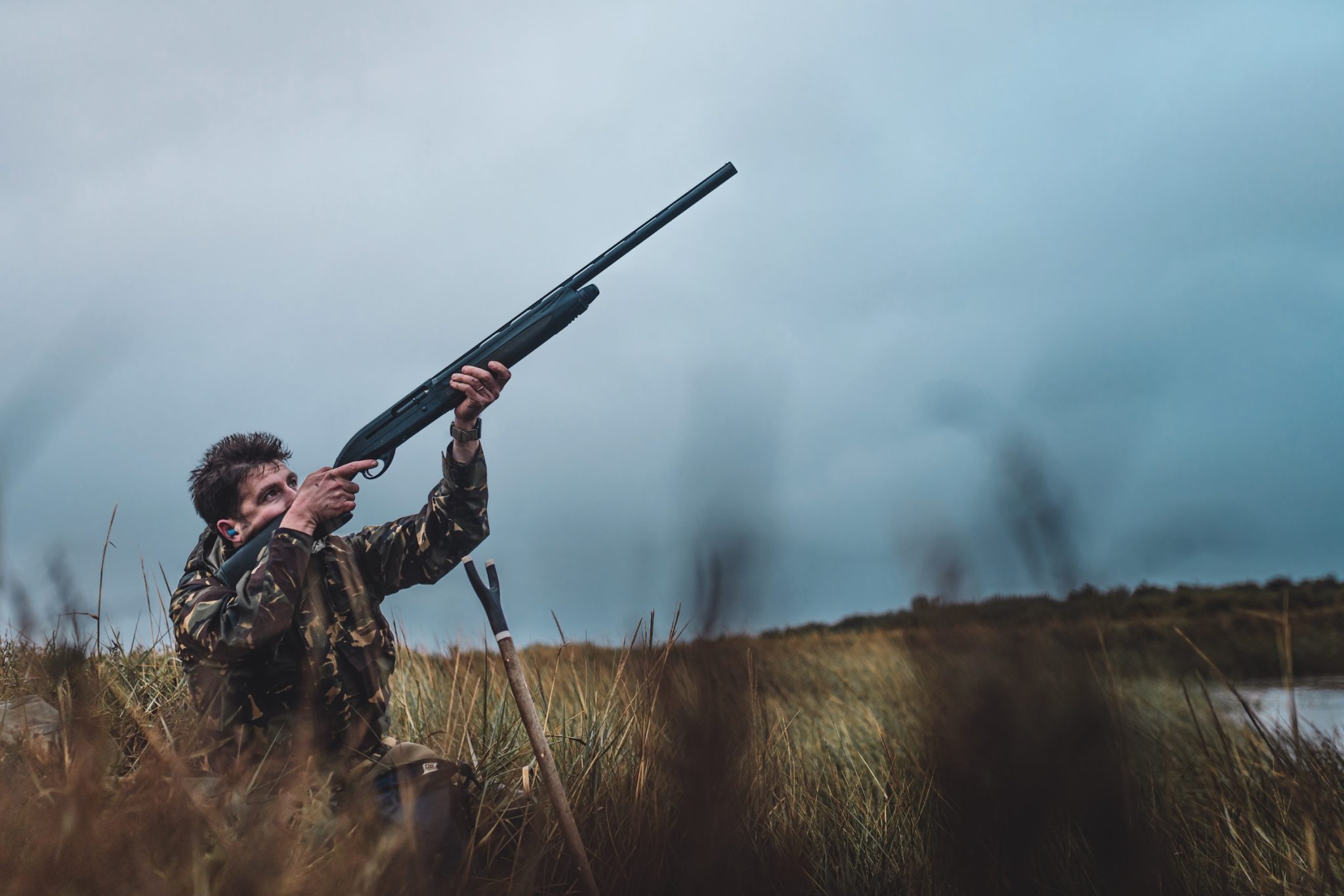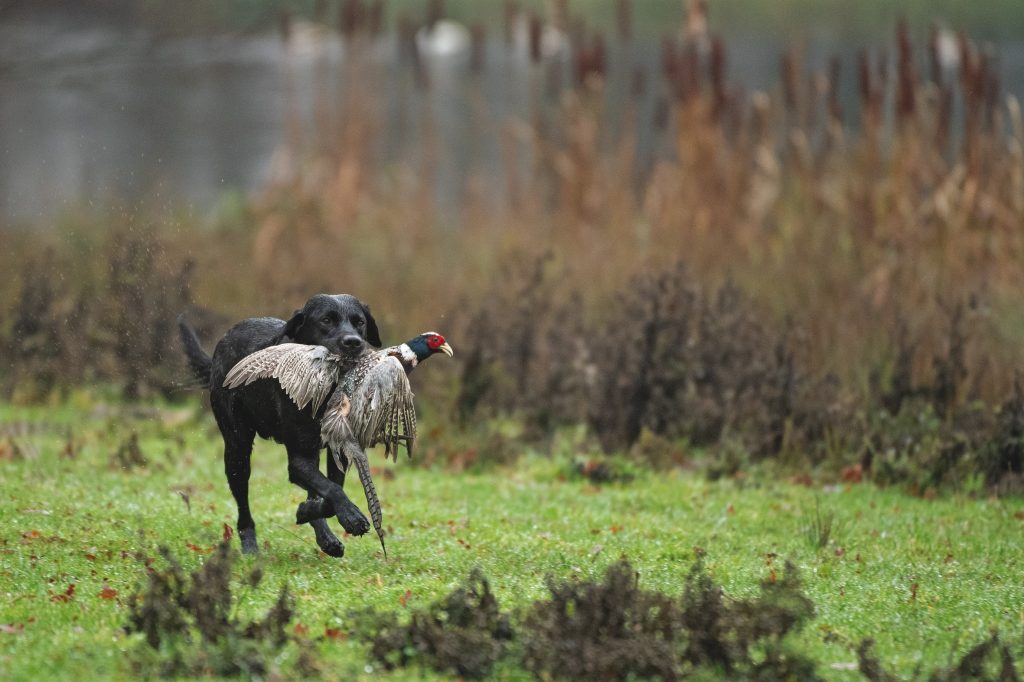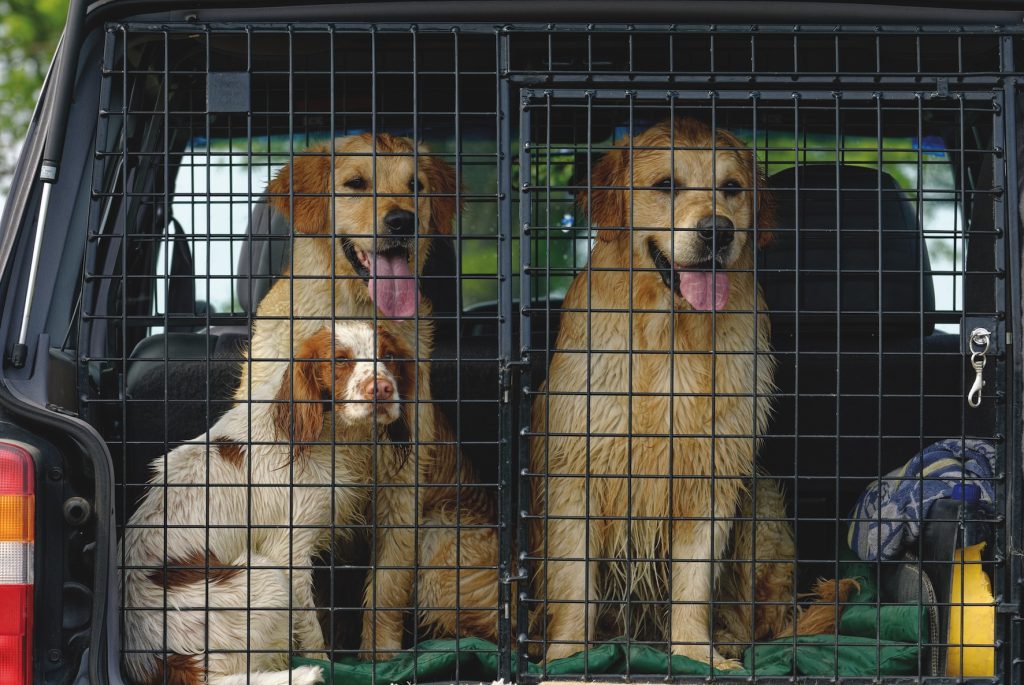The countdown is on for The British Shooting Show – book tickets online today and save on gate price!
Should you vaccinate your dog every year? Is it necessary?
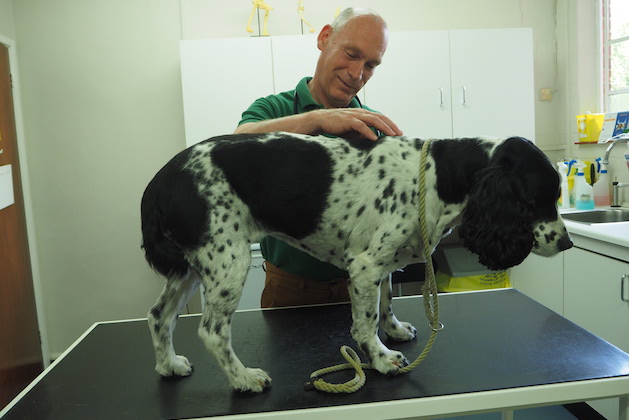 Most vets recommend a booster jab every three years
Most vets recommend a booster jab every three years
Vaccinating gundogs
If you read any of the old dog books, you will be reminded that distemper was once the most feared of canine illnesses. A highly contagious virus, it was commonly called hard pad because one of the most obvious symptoms was hardening of the pads. With no known cure, it was responsible for a huge number of deaths, even wiping out entire kennels.
Today distemper is one of the principal diseases that puppies are vaccinated against — the others are parvovirus, kennel cough, leptospirosis and parainfluenza. The vaccination is usually administered in two doses, one at eight to 10 weeks old, then two to four weeks later, followed by a booster at around a year. It is so effective that cases of distemper are rare: I’ve never come across one and there are currently no significant outbreaks in the UK. There was a major outbreak in Finland some years ago when a vaccine failed; a reminder that we should never get complacent about distemper or the other diseases that vaccination has virtually eradicated.

Your puppy’s first vaccination will normally be at around eight to 10 weeks of age
An annual booster for gundogs?
However, there has been one major change in approach to vaccination in recent years. It wasn’t so long ago that annual booster vaccinations were recommended, and veterinary practices sent out annual reminders to their clients to bring their dog or dogs in for their jabs. It was, of course, a steady earner for both the veterinary practice and the drug industry. However, an increasing number of people started to query whether annual booster jabs were really necessary. After all, almost all the vaccinations we are given last far longer than a year, so why should ones for dogs be any different?
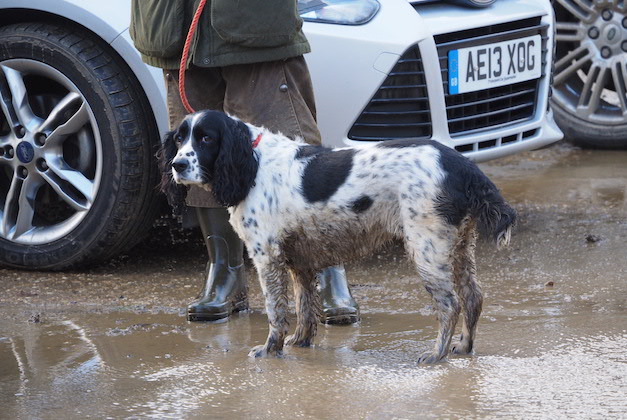
Muddy puddles can be a source of leptospirosis
Conflicting advice
Having been given conflicting advice, I asked vet Roger Bannock for his opinion. Apart from being a director of Taverham Vets, a large veterinary practice based near Norwich, Roger is also a working gundog enthusiast. He vaccinates his dogs, but it is only the one for leptospirosis that they get every year. As puppies they are given every component — parvovirus, distemper, hepatitis, leptospirosis — and again for the first annual booster at around 14 months old. Thereafter they are vaccinated against lepto every year, but parvovirus, distemper and hepatitis every third year as the viral components have a three-year duration of immunity.
The immunity to leptospirosis doesn’t last much beyond a year, hence the need for an annual booster. There is considerable controversy about the lepto vaccines, particularly those that have four component strains (L4) as opposed to two (L2). Roger deals with many breeders who won’t have the L4 vaccine but opt for the L2. He says this isn’t a concern as the L2 vaccine contains the main strains (called serovars). The dog one is L.canicola and the rat one L.icterohaemorrhagiae. The two extra serovars in L4 are not common in this country, so are not as important.
Roger adds: “I haven’t seen any serious problems with either. However, I do think the L4 can make puppies go off-colour, particularly if vaccinated at six weeks rather than eight weeks. Working dogs are at more risk of contracting lepto because they are more likely to come into contact with rats. It’s a horrid disease.”
Retired vet David Hannan is a believer in vaccinating against kennel cough (Bordetella bronchiseptica) every six to 10 months. He always gave his dogs this vaccine when he was picking-up in Lincolnshire.
“My dogs didn’t see many other dogs during the summer and then met lots when out shooting, and you never know what their immune status is,” he explains. “It is a nasty disease, which can lay a dog off work for quite a time and have severe chronic effects if a dog is worked too soon after apparent recovery.”
Rabies jab
For David, annual revaccination is sound practice. “I have never seen an adverse reaction in any of the dogs I have vaccinated and revaccinated and I’d certainly advise following an annual regime. Better safe than sorry.”
collection name=”small”]
He now lives in Spain, where his dogs have an annual rabies jab. This is required in Spain and in many other European countries where rabies remains a serious risk. Fortunately we have succeeded in keeping rabies out of Britain for nearly a century.
There are no legal requirements about dog vaccinations in the UK unless you are planning to take your dog abroad. However, it is thanks to vaccination that distemper and parvovirus are diseases we hear little about today. There is no doubt that keeping them in check depends on vaccination.
Related Articles
Get the latest news delivered direct to your door
Subscribe to Shooting Times & Country
Discover the ultimate companion for field sports enthusiasts with Shooting Times & Country Magazine, the UK’s leading weekly publication that has been at the forefront of shooting culture since 1882. Subscribers gain access to expert tips, comprehensive gear reviews, seasonal advice and a vibrant community of like-minded shooters.
Save on shop price when you subscribe with weekly issues featuring in-depth articles on gundog training, exclusive member offers and access to the digital back issue library. A Shooting Times & Country subscription is more than a magazine, don’t just read about the countryside; immerse yourself in its most authoritative and engaging publication.



